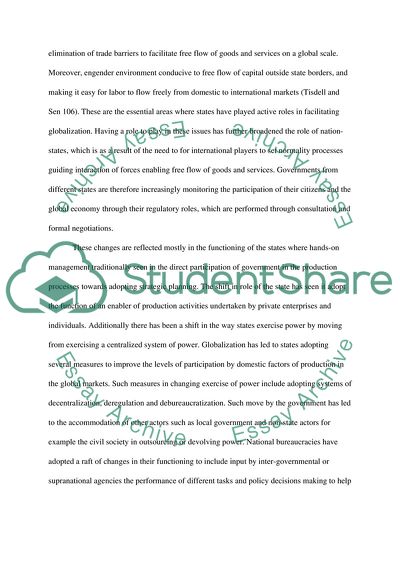Cite this document
(“The Changing Role of the State amid Economic Globalization Processes Essay”, n.d.)
The Changing Role of the State amid Economic Globalization Processes Essay. Retrieved from https://studentshare.org/macro-microeconomics/1653904-the-changing-role-of-the-state-amid-economic-globalization-processes
The Changing Role of the State amid Economic Globalization Processes Essay. Retrieved from https://studentshare.org/macro-microeconomics/1653904-the-changing-role-of-the-state-amid-economic-globalization-processes
(The Changing Role of the State Amid Economic Globalization Processes Essay)
The Changing Role of the State Amid Economic Globalization Processes Essay. https://studentshare.org/macro-microeconomics/1653904-the-changing-role-of-the-state-amid-economic-globalization-processes.
The Changing Role of the State Amid Economic Globalization Processes Essay. https://studentshare.org/macro-microeconomics/1653904-the-changing-role-of-the-state-amid-economic-globalization-processes.
“The Changing Role of the State Amid Economic Globalization Processes Essay”, n.d. https://studentshare.org/macro-microeconomics/1653904-the-changing-role-of-the-state-amid-economic-globalization-processes.


